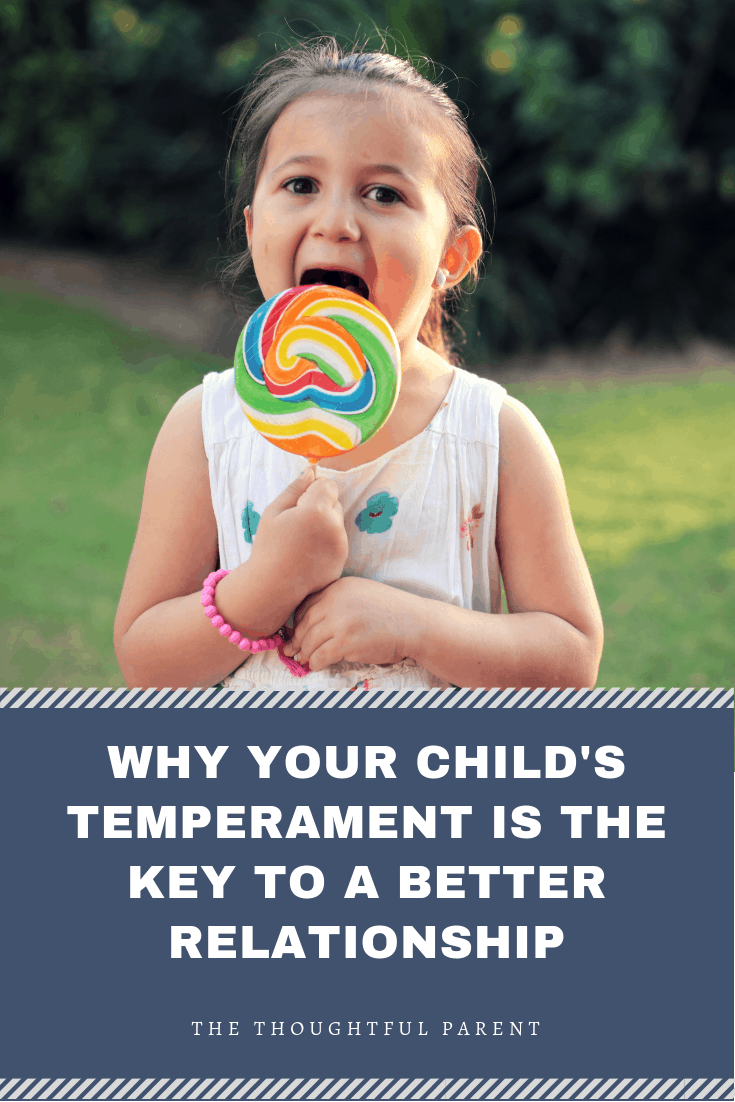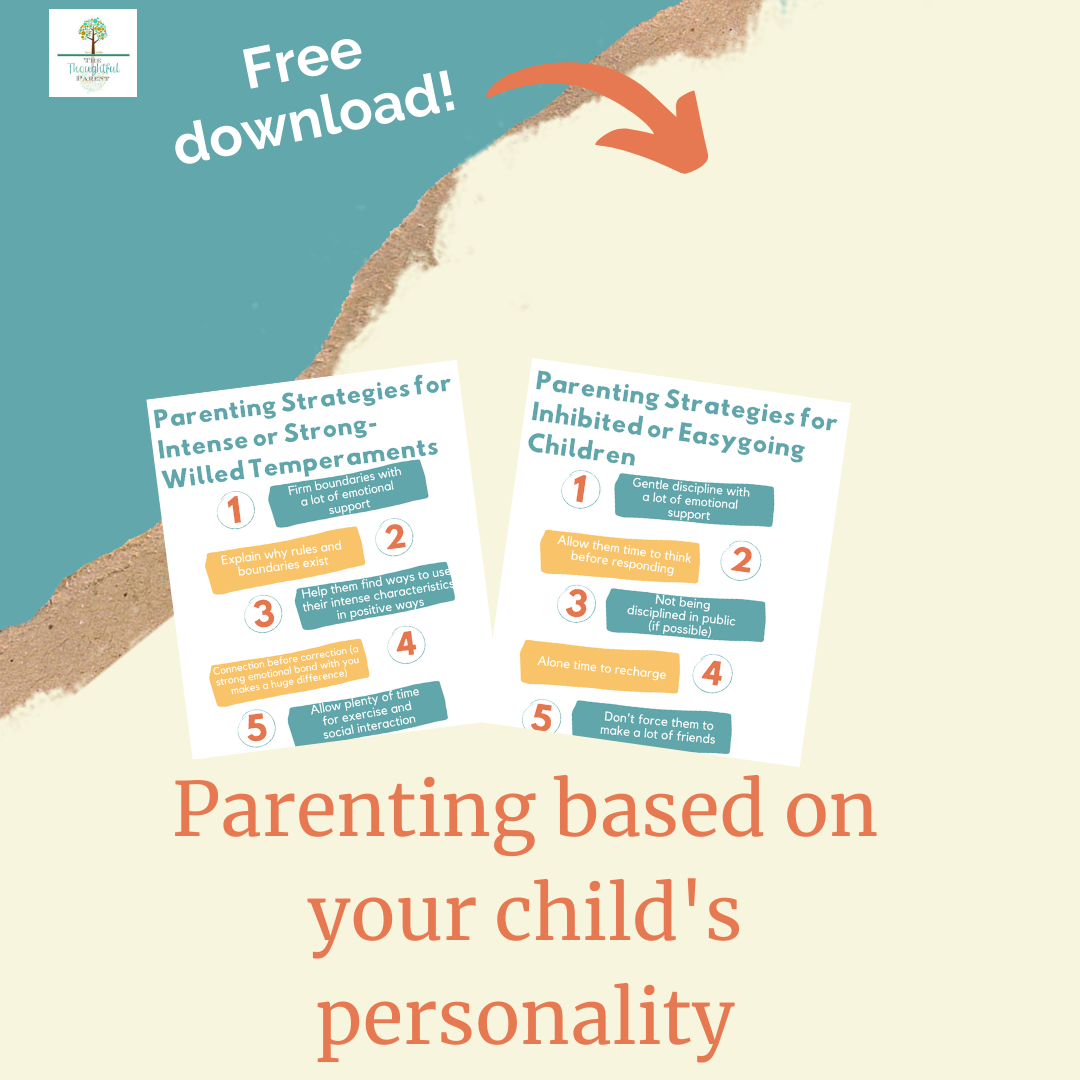[ad_1]
Sneak peek: Understanding the position of temperament in baby improvement and parenting can open up a world of perception into their habits
I picked my 9-year-old up from baseball camp the opposite day. He climbed into the automotive, lined in sweat, and instantly requested if he may have a play date with a good friend…oh sure, and go swimming!
I used to be floored! He had simply spent 3 hours within the 90-degree warmth practising baseball. I assumed for certain he would need some downtime.
For the sake of my sanity (and his), I did require that we each have some downtime earlier than the following exercise. He grudgingly complied however stated one thing like, “quiet time is simply not my factor.”
This, in fact, explains lots about his character and why his habits typically “pushes my buttons.”
Over time, I’ve found that temperament in kids may be very totally different from their mother or father’s temperament. He’s an extrovert and likes numerous interplay with individuals, new actions, buddies, and so on. I’m an introvert and can be completely joyful in a library for hours on finish speaking to nobody.
By understanding his temperament and the general position of temperament in baby improvement, I’ve come to know that his fixed want for social interplay isn’t a approach to annoy me however an precise psychological want. Simply as I crave quiet, he craves interplay. Subsequently, by understanding our kids’s distinctive temperaments, now we have higher perception into why they act the way in which they do and why it typically pushes our buttons.

The Function of Temperament in Baby Improvement
Within the earlier submit about temperament, I reviewed a number of the major theories and definitions which are frequent in baby improvement analysis. You will need to keep in mind that the kid temperament sorts described in these theories (e.g., “troublesome,” “simple,” “sluggish to heat up”) usually are not meant to be labels by which kids may be pigeon-holed for all times. They’re merely classes that assist describe totally different mixtures of traits or habits patterns. Though there appears to be some genetic foundation for temperament, this doesn’t imply a toddler is destined to be a technique or one other. Many different components come into play. A few components that I’m discussing in the present day are tradition and parent-child interactions.
An attention-grabbing chat about temperament from my Fb Group:
Obtain this new toolkit (together with temperament quiz, ebook and extra), Tuning into Temperament, and acquire helpful perception into methods to mother or father to fulfill your baby’s distinctive temperamental wants.
The Function of Expectations and Temperament
Mother and father’ private values and expectations for his or her kids might also affect how they react to a toddler’s temperament. Researchers Thomas and Chess additionally examined this extensively in a number of long-term research of baby improvement. They discovered that how dad and mom reacted to their baby’s temperament had an awesome deal to do with how the kid’s habits matched up with their very own values and requirements.
As an illustration, they offer the instance of a “sluggish to heat up” baby who’s hesitant about making new buddies. If dad and mom view this habits in a detrimental gentle as being overly timid or unfriendly, they might drive the kid to make new buddies in a short time, to which the kid might reply by being much more anxious. This has the potential for establishing a troublesome sample of parent-child interplay.
Different dad and mom, with a much less detrimental interpretation of their baby’s habits, could be extra affected person with the kid and permit him/her to make buddies on their very own time. The sort of response will almost definitely make for each a happier baby and happier dad and mom on this state of affairs.
Need tips about methods to mother or father along with your baby’s temperament as a substitute of combating in opposition to it? Obtain this free cheat sheet!
What’s the Function of Tradition in Temperament?
Equally, how dad and mom reply to their a toddler’s temperament can have lots to do with their very own culture-bound values, expectations, and requirements. For instance, many people who have been raised in American tradition worth independence and self-reliance to an awesome diploma. Given this, we might reply to a toddler who’s “sluggish to heat up,” apprehensive about social interplay, or who wants extra steering a lot otherwise than a mother or father from a tradition that values interdependence extra extremely.

Though many ideas mentioned in baby improvement are culturally sure, this appears to be particularly the case with temperament. What’s outlined as a “troublesome” or “simple” temperament can range dramatically by tradition. Simply give it some thought. In trendy Western society might consider a fussy child who cries lots as having a “troublesome” temperament, however in a distinct society the place famine or illness are frequent, comparable to a child can be thought of “hardy” and extra prone to survive these challenges. Pondering of temperament on this means offers it a complete new perspective.
I provide these few ideas on temperament as meals for thought greater than recommendation. There are numerous nice assets on the market (some are listed under) that debate methods to take care of totally different temperaments.
Personally, I feel the vital a part of this analysis is to assist us perceive that folks have many various methods they will reply to their baby’s temperament and which one they select has lots to do with their interpretation of their baby’s habits and the way it suits with their very own values and targets.
Your flip!
Is your baby’s temperament totally different from your personal or related? What challenges does this current in your relationship? Share your ideas within the feedback!
Extra assets:

Good for Pinning:

[ad_2]
Supply hyperlink

